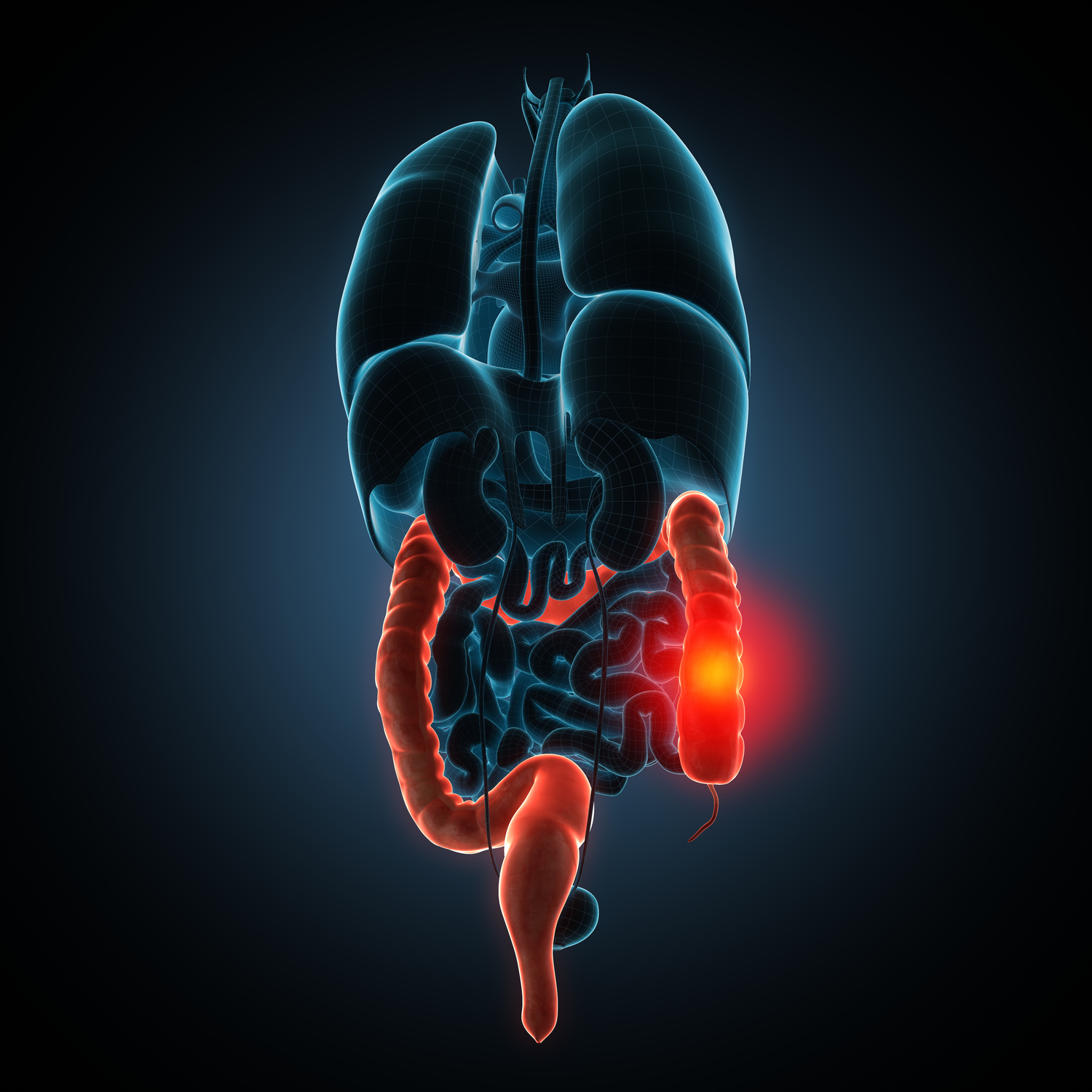Understanding Acid Reflux and Identifying Food Triggers
This article provides an in-depth understanding of acid reflux, its symptoms, common food triggers, and effective management strategies. Recognizing triggers and symptoms aids in better treatment and prevention. Maintaining a healthy lifestyle and consulting a healthcare professional when needed can significantly improve quality of life for those affected.
Sponsored

How can you tell if you're experiencing acid reflux? Continue reading for detailed insights.
While various factors can cause acid reflux, many people share similar symptoms. Recognizing what acid reflux is and understanding its causes is key to effective management. Proper identification of symptoms and triggers can significantly improve treatment approaches.
What is acid reflux?
As the term suggests, acid reflux involves a burning or uncomfortable sensation in the chest, often described as heartburn. This sensation can last from several minutes to an hour.
The discomfort worsens when you bend over or lie down.
Foods that trigger acid reflux
Contrary to common belief, acid reflux isn't a heart problem but a digestive issue caused by stomach acid irritating the esophagus after eating. Common trigger foods include alcohol, black pepper, garlic, olives, tomatoes, peppermint, and caffeine. Overeating and tight clothing can also trigger symptoms. Since each individual reacts differently, triggers may vary.
Symptoms of acid reflux
Symptoms can sometimes include difficulty swallowing, cold sweats, shortness of breath, and dizziness.
Because these symptoms overlap with heart attack signs, distinguishing between the two is crucial. Chest pain should always prompt immediate medical attention to rule out serious conditions.
Occasional acid reflux is usually manageable. However, frequent episodes—more than once a week—should prompt a consultation with a healthcare professional.
Managing acid reflux
A common misconception is that milk can prevent or cure acid reflux. In reality, milk offers only temporary relief. Maintaining a diet free from triggers, controlling stress, staying active, and maintaining a healthy weight are essential. If symptoms worsen, seeking medical advice is important. A balanced lifestyle is crucial for long-term relief.






